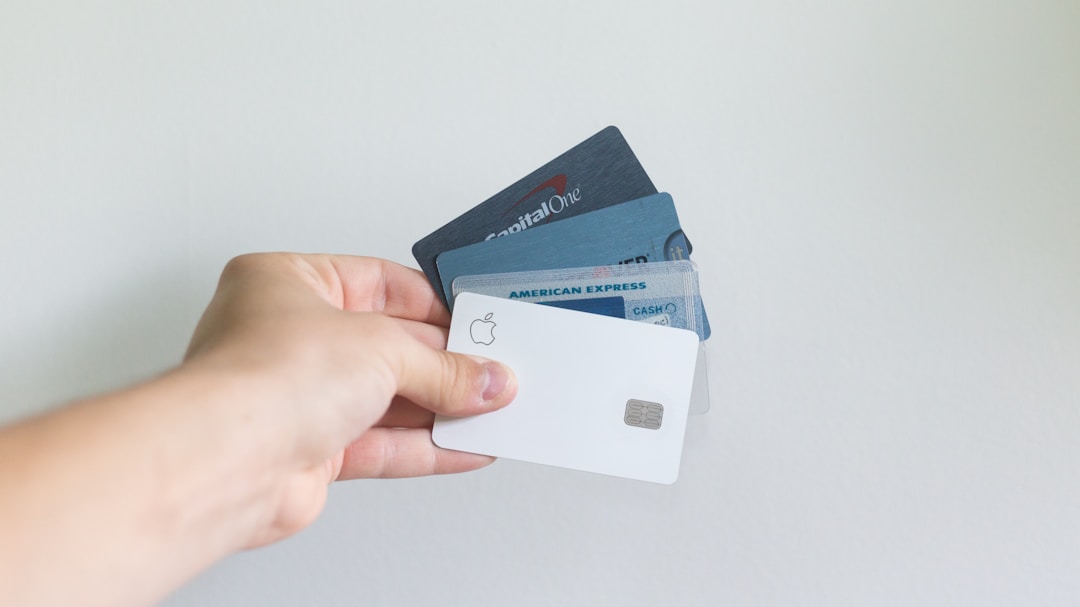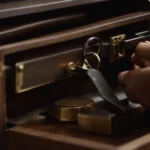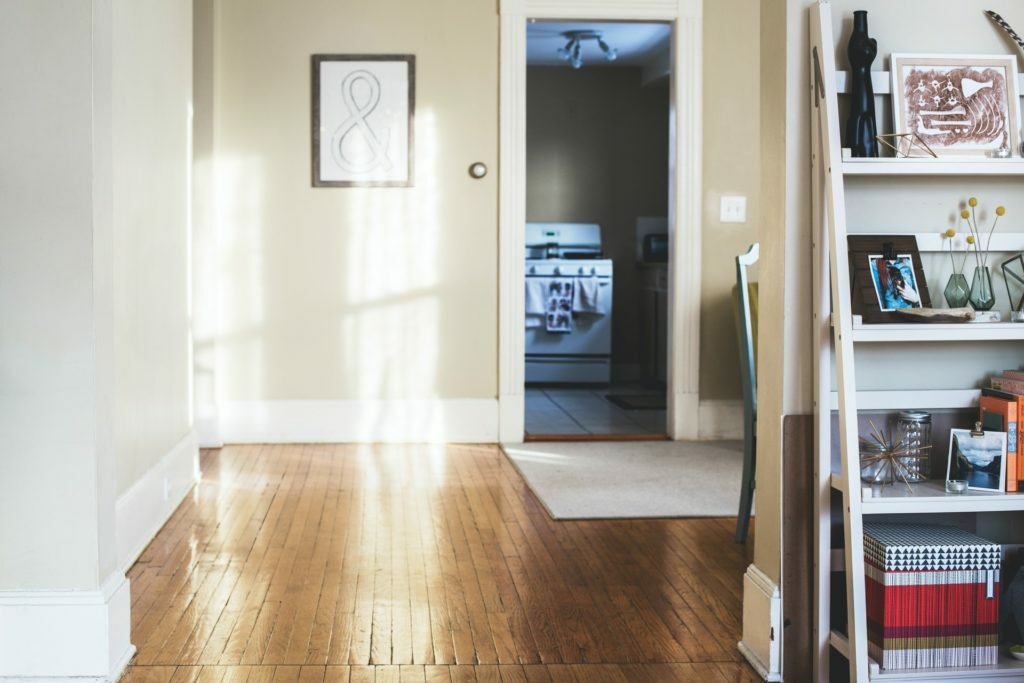Homeowners incur considerable household expenses when they buy a home. Regular expenses include mortgage payments, property taxes, household maintenance costs, and homeowners insurance fees.
Homeowners may also incur additional expenses. Suppose your home has a tiny living room or lacks a dining room. You may opt to build an addition to expand your living room or add a dining room. You could also hire an architect to draft a floor plan for an addition or create a new floor plan to modify your existing space and pay contractors to renovate your home to match that plan. Whether you want to make structural changes to meet your physical needs or change your home’s aesthetic, you may be wondering if you should refinance your mortgage to pay for renovations. Let’s explore the costs you could incur from your upgrades, different financing options, and financial resources you can use to help you determine whether you should refinance.
How can you decide what upgrades you should pursue?

Determining your needs is the first step when calculating the cost of your renovations. Perhaps a family member’s been injured in an accident, and you need to modify doorways so they’re wheelchair accessible. Suppose an older family member’s moving in and needs safety features added to the bathroom. Perhaps you’re simply tired of how your kitchen looks.
While making your home wheelchair accessible or adding safety features for older adults may be expensive, redecorating around the house doesn’t have to break the bank. Instead of replacing your kitchen cabinets, you can give your kitchen a new look by applying a new paint color to your kitchen cabinets or walls and replacing the hardware on your cabinets. Perhaps your home’s drafty. It might be possible to address that issue by installing a new front door and energy-efficient windows instead of replacing your home’s HVAC system.
What factors will affect the cost of upgrades?
Projects that involve multiple contractors will cost more and usually take longer to complete. Although you may be tempted to save money by overseeing the renovations yourself, an interior designer can oversee every step of the upgrades. Interior designers know contractors they can secure to complete structural work and coordinate schedules, ensuring your projects don’t go over budget or take longer than expected. It may cost more to hire an interior designer, but you’ll reduce your stress and the amount of time required to line up plumbers, electricians, and builders.
Your interior designer will also help you find the right decor to suit your space and transform your living space to suit your tastes, ensuring you’re satisfied with the renovations.
There are several ways to pay for renovations.

Refinancing your home’s one way to secure funds for major upgrades. You can also opt to save funds and pay for upgrades in cash. It may take longer to complete your upgrades, but you’ll save money because you won’t incur interest fees.
You can also apply for a line of credit. You’ll only pay interest when you withdraw funds from the line of credit. When you refinance, you start paying interest once the process is complete, whether you’ve started your upgrades or not. You can also use credit cards to pay for home upgrades; however, you’ll pay higher interest rates.
Refer to information from financial experts to determine which options suit your needs.

Turn to the Influential Times for expert financial insight when you’re determining how to pay for your upgrades. The Influential Times provides information about financing options, home mortgages, and other types of loans. Reviewing tips from their writers can help you identify alternative financing options suited to your needs and ways to reduce expenses so you can afford your home upgrades. It’s a good idea to stay up-to-date with the latest financial insights because financial analysts may note other economic factors that could influence your choices, such as global economic trends that could affect building costs or interest rates.
Refinancing is one way to pay for home upgrades. You can also use cash, a line of credit, or credit cards to pay for home renovations. Seeking expert financial advice can help you make a sound decision when financing home upgrades.











